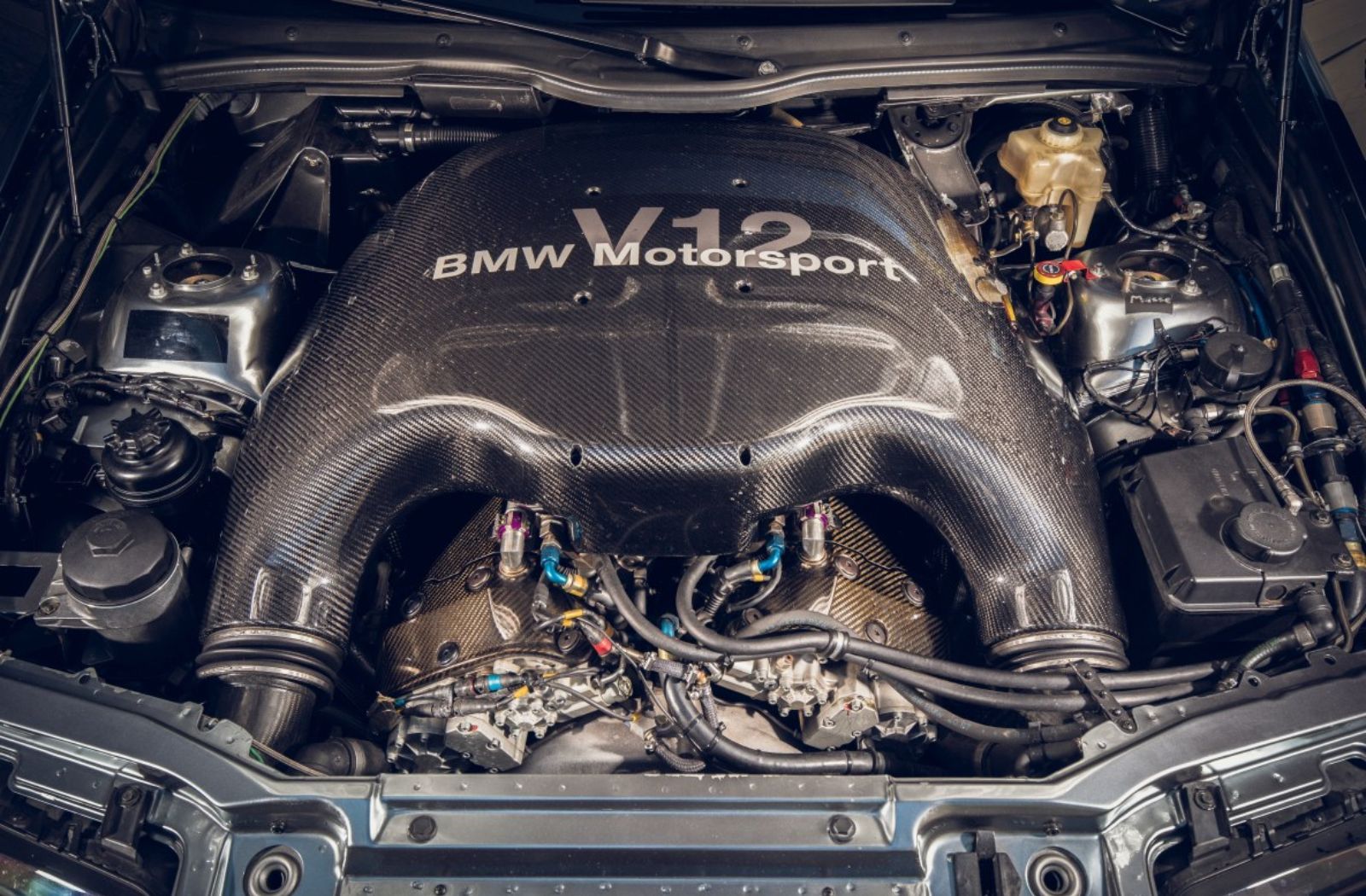Leading 5 BMW Engine Technologies Changing the Automotive Market
Leading 5 BMW Engine Technologies Changing the Automotive Market
Blog Article
Revealing the Intricacies of Next-Generation Power Units: a Deep Dive Into Advanced Engine Designs and Technologies
In the realm of vehicle design, the relentless pursuit of performance, effectiveness, and sustainability has moved the advancement of power units to unmatched heights. As we base on the precipice of a new period in transportation, the ins and outs of next-generation engine styles beckon us to discover the sophisticated modern technologies and technologies that assure to redefine the driving experience. From innovative materials that push the borders of resilience and weight decrease to advanced turbocharging and supercharging systems that boost power output to brand-new levels, each part of these power devices holds an essential to opening the future of auto design. Delving much deeper into the worlds of emission control, smart engine administration systems, and the horizon of power device advancement, we find ourselves on the cusp of a change that assures to reshape the landscape of mobility as we understand it.
Development of Engine Materials

The change in the direction of progressed engine products has actually likewise made it possible for engineers to design engines with greater power results while keeping gas efficiency standards. The use of lightweight materials minimizes the general weight of the engine, leading to enhanced fuel economic climate and reduced exhausts. In addition, advancements in materials technology have permitted better thermal management within engines, causing raised integrity and long life.
Turbocharging and Supercharging Technologies
Exactly How do Turbocharging and Supercharging Technologies transform engine efficiency and effectiveness in modern lorries? Supercharging and turbocharging are technologies that dramatically improve engine performance by boosting the amount of air consumption into the combustion chamber. Turbocharging attains this by utilizing a turbine driven by exhaust gases to pressurize the consumption air, while turbo charging uses a belt- or chain-driven compressor to attain the same effect.
These technologies enable smaller sized, much more fuel-efficient engines to generate power equivalent to larger ones, referred to as downsizing. By compeling more air right into the cyndrical tubes, turbocharging and supercharging enhance combustion performance, resulting in boosted horse power and torque output without a considerable rise in engine size. This brings about better acceleration, lugging capacity, and general driving efficiency.
Moreover, turbo charging and turbocharging add to improved gas effectiveness by permitting the use of smaller engines that consume less gas under regular driving conditions - bmw engine. This combination of improved efficiency and efficiency has made turbocharging and turbo charging indispensable components of lots of contemporary engine designs
Exhaust Control and Environmental Impact
With boosting international issues relating to air top quality and ecological sustainability, the implementation of emission control innovations in automobiles plays a vital duty in reducing hazardous contaminants released right into the environment. Modern vehicles are furnished with advanced discharge control systems that help lessen the ecological effect of vehicle procedures. Catalytic converters, for circumstances, are made to convert harmful gases such as carbon monoxide gas, nitrogen oxides, and hydrocarbons right into much less dangerous materials like carbon dioxide and water vapor.
Moreover, improvements in engine modern technology, such as the assimilation of exhaust gas recirculation systems and careful catalytic reduction, have substantially added to lowering emissions. These technologies function in tandem to optimize combustion efficiency and minimize the launch of unsafe contaminants into the air. Furthermore, the development of crossbreed and electrical cars represents a crucial step their explanation towards reducing the total environmental footprint of the transport industry.
Intelligent Engine Administration Solution

Moreover, these systems enable cars to satisfy rigid discharges requirements without jeopardizing performance, providing a more ecologically friendly driving experience. The combination of artificial intelligence and artificial intelligence capabilities in engine administration systems remains to push the limits of what is feasible, resulting in more enhancements in performance, reliability, and general lorry performance. bmw engine. As automobile modern technology advancements, smart engine monitoring systems will play a vital duty fit the future of transportation towards a much more effective and lasting direction
Future Trends in Power Unit Advancement
As smart engine monitoring systems lead the method for improved control and optimization in modern-day vehicles, future fads in power device growth are poised to redefine the landscape of automobile propulsion innovations. These different power resources use enhanced effectiveness and performance while straightening with rigorous ecological laws.
An additional considerable trend is the integration of innovative materials and producing methods. Lightweight products such as carbon fiber and aluminum are being utilized to lower general lorry weight, improving fuel performance and efficiency. Additionally, advancements in 3D printing and additive production are enabling the production of intricate engine components with higher precision and resilience.
In addition, fabricated knowledge and artificial intelligence are playing a critical role in optimizing power device performance. These modern technologies permit real-time surveillance and adaptive control, bring about much more dependable and reliable power delivery. Generally, future trends in power unit growth are tailored towards sustainability, performance, and performance, driving the auto industry towards a brand-new age of propulsion technologies.

Final Thought
In final thought, the improvements in engine materials, turbocharging, exhaust control, and smart monitoring systems have led the way for next-generation power systems. These technologies have not only better efficiency and effectiveness yet likewise reduced environmental influence. As innovation proceeds to develop, future fads in power unit advancement are most likely to More hints concentrate on additional improving sustainability and enhancing power outcome. The complex layouts and developments in modern-day engines showcase the recurring advancement of auto technology.
Checking out the modern advancements in engine materials has actually been crucial in improving the efficiency and effectiveness of contemporary engines. Over the years, the development of engine products has played an essential function in pressing the borders of what engines can attain.The change in the direction of advanced engine products has additionally made it possible for designers to make engines with greater power results while preserving gas efficiency standards.The execution of smart engine monitoring systems in contemporary automobiles has actually reinvented the means engines are managed and maximized for efficiency and effectiveness. By gathering data in real-time and evaluating it with innovative algorithms, intelligent engine administration systems can adjust to driving styles, ecological variables, and engine wellness to take full advantage of power output while decreasing fuel intake and emissions.
Report this page